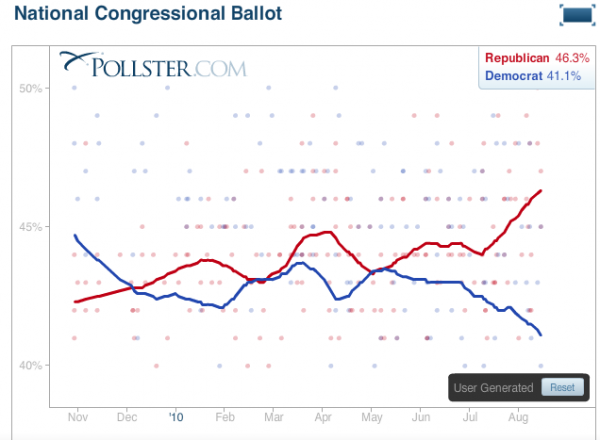 I’ve long suspected that amongst those who believe that the apocalypse is just round the corner, a certain vanity may well be at work – the belief that their time is somehow special.
I’ve long suspected that amongst those who believe that the apocalypse is just round the corner, a certain vanity may well be at work – the belief that their time is somehow special.
Now there’s this from Scientific American
Some researchers think that apocalyptic dread feeds off our collective anxiety about events that lie outside our individual control. The fear of nuclear war and environmental decay that gripped the nation in the 1960s was a big factor in the rise of the counterculture, says John R. Hall, a sociologist at the University of California, Davis, and author of Apocalypse: From Antiquity to the Empire of Modernity. In this decade, civilization has suffered through even more fundamental threats. “After events like 9/11 and the Great Recession, as well as technological disasters like the BP oil spill, people begin to wonder—not just people who are fringe zealots or crazies—whether modern society is any longer capable of solving its problems,” Hall says. If the world appears to be going to hell, goes the thinking, perhaps that’s just what is happening.
The impulse is partially a consequence of our pattern-seeking nature—we are, after all, creatures of the savanna, programmed to uncover trends in the natural world. It is in our nature to weave a simple story from a complex set of data points. (In recent years this tendency has been amplified by news media that are very good at turning complex events into cartoon crises.) The desire to treat terrible events as the harbinger of the end of civilization itself also has roots in another human trait: vanity.
We all believe we live in an exceptional time, perhaps even a critical moment in the history of the species. Technology appears to have given us power over the atom, our genomes, the planet—with potentially dire consequences. This attitude may stem from nothing more than our desire to place ourselves at the center of the universe. “It’s part of the fundamental limited perspective of our species to believe that this moment is the critical one and critical in every way—for good, for bad, for the final end of humanity,” says Nicholas Christenfeld, a psychologist at the University of California, San Diego. Imagining the end of the world is nigh makes us feel special.
Read the whole thing.









